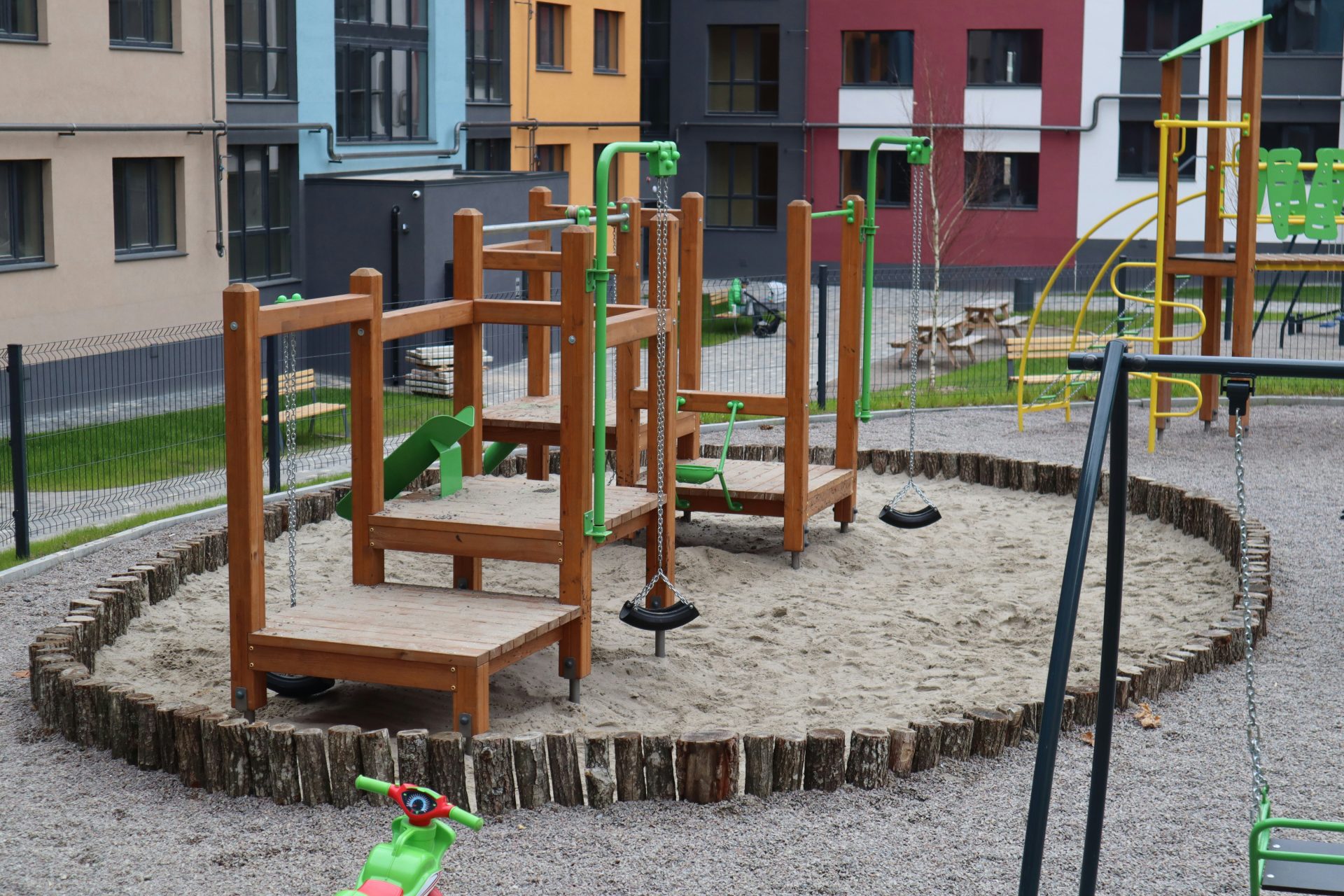
How Do Themed Play Units Enhance Children’s Imaginative Play?
Childhood is a precious time, brimming with curiosity, exploration, and boundless imagination. Play is the cornerstone of this period, a fundamental way in which children learn, develop, and make sense of the world around them. Among the myriad forms of play, imaginative play stands out as a powerful tool for cognitive, social, and emotional growth. And at the heart of fostering this crucial type of play often lie themed play units – carefully designed spaces that transport children to fantastical realms and inspire endless adventures. This blog post delves into the profound ways in which themed play units enhance children’s imaginative play, exploring the multifaceted benefits they offer and businesses like Caloo that can create them.
Creating Immersive Environments for Storytelling
Themed play units, by their very nature, are designed to evoke specific settings or narratives. Whether it’s a pirate ship sailing the high seas, a medieval castle under siege, a bustling space station exploring distant galaxies, or a cosy woodland cottage nestled amongst the trees, these units provide a tangible backdrop for children’s imaginative scenarios.
- Tangible Starting Points: Unlike generic play equipment, themed units offer children a concrete starting point for their imaginative journeys. The physical structure itself sparks ideas and suggests roles, narratives, and actions. A child clambering onto a pirate ship is instantly more likely to engage in pirate-themed play than on a plain climbing frame.
- Evoking Specific Roles and Scenarios: The design elements of a themed unit often suggest specific roles and scenarios. A control panel in a spaceship encourages children to become astronauts, while turrets and ramparts on a castle invite them to be knights or royalty.
- Enhancing Narrative Development: The themed environment helps children develop more complex and engaging narratives. The physical constraints and features of the unit can shape the storyline, encouraging problem-solving and creative thinking within the context of their imaginative play.
Fueling Creativity and Problem-Solving Skills
Imaginative play is intrinsically linked to creativity and problem-solving. Themed play units provide a rich environment that encourages children to think outside the box and develop innovative solutions within their make-believe scenarios.
- Encouraging “What If” Thinking: The fantastical nature of many themed units encourages children to explore possibilities and engage in “what if” thinking. What if the ship encounters a storm? What if the dragon attacks the castle? These scenarios foster creative problem-solving.
- Developing Symbolic Thinking: Themed units often incorporate symbolic elements that children learn to interpret and use in their play. A rope might become a snake, a platform a stage, and a tunnel a secret passage. This develops their ability to think abstractly and use objects creatively.
- Fostering Innovation and Resourcefulness: Children using themed play units often need to be resourceful, using the available elements to create their desired outcomes. They might use a slide as an escape route or a climbing wall as a way to reach a hidden treasure.
Promoting Social Interaction and Communication
Imaginative play is rarely a solitary activity, especially when facilitated by engaging themed play units. These spaces naturally encourage social interaction, cooperation, and communication among children.
- Shared Imaginative Worlds: Themed units provide a common ground for children to enter shared imaginative worlds. They can collaborate on storylines, assign roles, and build upon each other’s ideas.
- Developing Language and Communication Skills: As children engage in role-playing within a themed unit, they naturally develop their language and communication skills. They negotiate roles, explain their ideas, and build dialogue within their imaginative scenarios.
- Learning Cooperation and Negotiation: Playing together in a themed environment requires children to cooperate, share ideas, and negotiate roles and actions. This fosters important social skills that extend beyond the play space.
Supporting Emotional Development and Empathy
Imaginative play, particularly within themed settings, offers a safe space for children to explore and express a wide range of emotions. By taking on different roles and enacting various scenarios, they can develop empathy and a better understanding of the world around them.
- Exploring Different Perspectives: Through role-playing, children can step into the shoes of different characters, allowing them to explore various perspectives and develop empathy for others.
- Expressing and Processing Emotions: Imaginative play provides an outlet for children to express and process their own emotions in a safe and controlled environment. They can act out fears, joys, and frustrations through their play.
- Building Confidence and Self-Esteem: Successfully navigating imaginative scenarios and interacting with peers within a themed play unit can boost children’s confidence and self-esteem.
Enhancing Physical Development Through Play
While the focus is on imaginative play, themed units also often incorporate elements that promote physical development. Climbing walls, slides, tunnels, and balancing beams integrated into themed designs encourage gross motor skills, coordination, and spatial awareness.
- Integrating Physical Challenges: Many themed units naturally incorporate physical challenges that encourage children to climb, crawl, balance, and slide, contributing to their physical development.
- Developing Coordination and Motor Skills: Navigating the different elements of a themed unit helps children develop their coordination, balance, and fine and gross motor skills.
- Promoting Active Play: The engaging nature of themed play units encourages children to be physically active for longer periods, contributing to their overall health and well-being.
Creating Lasting Memories and Fostering a Love of Play
The unique and engaging nature of themed play units often creates lasting memories for children. These positive experiences can foster a lifelong love of play and imagination.
- Memorable Play Experiences: The distinctiveness of themed units makes play experiences more memorable and impactful for children.
- Cultivating a Lifelong Love of Play: Positive and engaging play experiences can foster a lifelong appreciation for play and its many benefits.
- Encouraging Continued Exploration and Learning: The curiosity sparked by themed play units can extend beyond the play space, encouraging children to explore and learn more about the themes and concepts they encounter.
Conclusion
Themed play units are more than just aesthetically pleasing additions to play areas; they are powerful catalysts for children’s imaginative play. By creating immersive environments, fueling creativity, promoting social interaction, supporting emotional development, enhancing physical skills, and fostering a love of play, these units offer a wealth of benefits that contribute significantly to children’s overall growth and development. Investing in well-designed and engaging themed play units is an investment in the power of imagination and the limitless potential of childhood.



 Bitcoin
Bitcoin  Ethereum
Ethereum  Tether
Tether  XRP
XRP  USDC
USDC  Solana
Solana  TRON
TRON  Lido Staked Ether
Lido Staked Ether  Cardano
Cardano  Avalanche
Avalanche  Toncoin
Toncoin